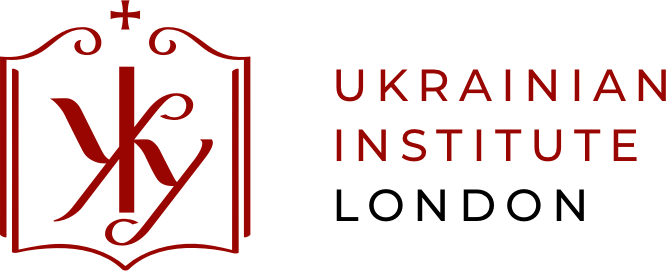Serhiy Zhadan’s The Orphanage, is a profoundly human tale of responsibility amidst collapse, and a timely reminder of Ukraine’s struggle for territorial integrity.

AUTHOR
Kieran Robinson, Politics (BScEcon, Cardiff University) and International Relations (MA, University of Birmingham) graduate.
The Orphanage (Internat), originally published in 2017, is Serhiy Zhadan’s highly acclaimed war novel, depicting life in an unspecified frontline region in the early periods of the war in Donbas. At times reminiscent of a road novel and at others a poetic musing on responsibility amidst conflict, Zhadan’s novel tells the story of ordinary lives during the most dangerous days in Europe’s recent history. Zhadan takes the reader on a three-day journey across the frozen battlegrounds of eastern Ukraine following Pasha, a Ukrainian-language teacher, in his relentless effort to bring his nephew home from an orphanage, or ‘Internat’ – a kind of boarding school without a direct equivalent in English, on the wrong side of the front line.
Zhadan is one of Ukraine’s most successful novelists and poets, penning a number of internationally successful books, each an ode to independent Ukraine’s eastern regions and their inhabitants. Zhadan’s novels prior to this could easily be called modern Westerns with their atmospheric and romantic style evoking wide-open skies, endlessly vast landscapes, and lawlessness. The Orphanage by contrast is bleak, with low dark skies and the frigid cold of winter – death looms large throughout, ready to strike without discrimination or warning.
the wintry tinge of mortality, the icy breath of fear and nothingness will accompany him until the day of his death, the death that’s missed its target this time around, yet probably hasn’t waived its rights
the orphanage by serhiy zhadan
Whilst clearly about the war in Donbas, there is an ambiguity and universality to the work that allows the reader to deterritorialise the conflict, Zhadan doesn’t tie his novel to a particularly frontline setting but to the frontline itself. In many ways, the novel demands that the reader consider Donbas as a warning, forcing us to think in universal terms – it could happen anywhere. Zhadan paints the picture of a society breaking down, trust between strangers close to non-existent, and in doing so challenges the audience to imagine the potential ‘ours’ and ‘yours’ in their own polities – the hairline fractures that could crack.
Importantly there is an ambiguity in the book; it’s not a simple tale of good versus evil. The relationship between characters remains humane and, for the most part, empathetic despite their differing sides in the conflict. If anything, The Orphanage is a call for understanding, and that call is twofold – understanding of the reality of conflict and understanding between individuals. It recognises the need for reconciliation, especially if the future peace is to be successful. The reserved but amiable interaction between the protagonist, his nephew, and a ‘pro-Russian’ villager is perhaps the most obvious example, exchanging gifts on parting ways and promising to see them ‘on the other side’ as it were.
Perhaps, for an international audience, particularly in Western Europe, the most important takeaway from The Orphanage is an understanding of the conflict. The novel offers a real opportunity to educate those out-of-the-know about the reality of Europe’s only active conflict and to showcase that the division isn’t as simple as often portrayed by the media in Western Europe and North America. Zhadan’s nuance supersedes the simplification that the population of Donbas is a Russian-speaking, and thus pro-Kremlin, monolith. This international ignorance is personified in the novel by perhaps the only character treated with disdain – a happy-go-lucky (foreign) war correspondent with an uncanny ability to leave havoc in his wake.
The novel could be compared with another Ukrainian, albeit Russian language, novel recently published in translation: Andrey Kurkov’s Grey Bees. Grey Bees, though measurably more comedic in tone, if no less dark, also focuses upon the life of those that chose to remain in their homes along the frontlines. Both examine the contradictions and struggles faced by those communities divided by conflict, where supporters of both sides in the conflict remain close in spite of the high politics dividing them.
The Orphanage, released in English amidst renewed high tension with Russia, serves as a timely reminder of the war that shows no sign of abating. This profoundly human tale of responsibility amidst collapse could become a defining cultural artefact of the war in Donbas, raising the international profile of the Ukrainian experience of modern conflict. Zhadan’s accessible and poetic style combines with an unabating focus on society’s underdogs to create an immensely readable, if bleak, novel reminding the world of Ukraine’s struggle for territorial integrity and the right to self-determination.
The Orphanage is available in English now from Yale Books.


